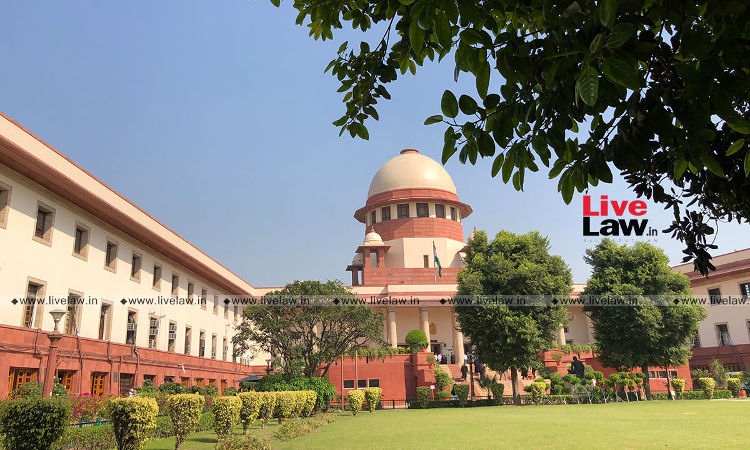The Supreme Court on Monday said that a clear and concrete case indicating that Hindus are being denied minority status in certain states needs to be shown for the Court to entertain a plea seeking minority tag for Hindus in states were they are numerically less.A bench of Justices UU Lalit, Ravindra Bhat and Sudhanshu Dhulia orally observed,"If there is a concrete case that Hindus are...

